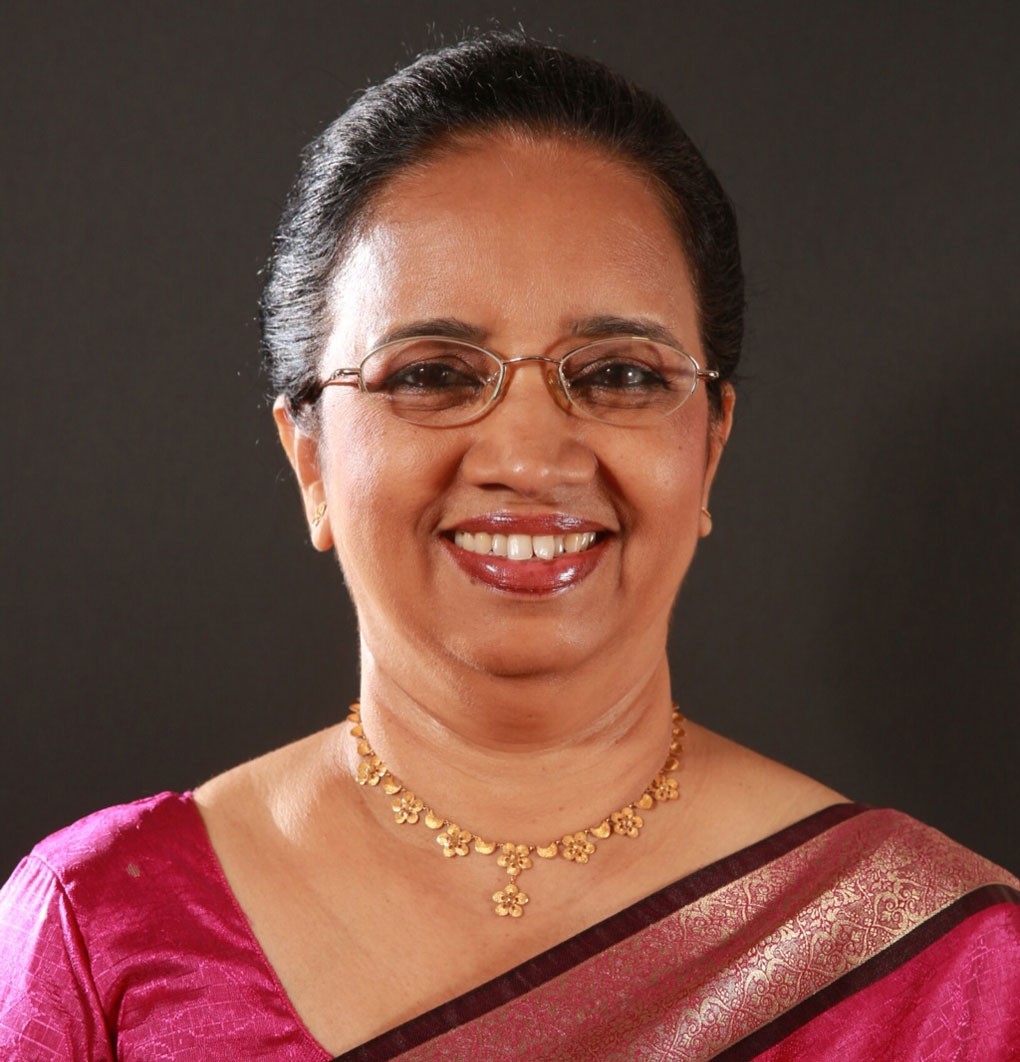
The greatest commitment of a health care provider is to heal the patient while practicing evidence-based medicine.
Additionally with the upward trend in the number of medical laboratories vying to provide the required services, a patient has a wide choice. Inaccurate reports can be a costly and time-consuming exercise to the patient, with added discomfort and inconvenience due to re-sampling for re-checking at another laboratory.
Thus laboratories have the utmost responsibility to ensure accuracy of its reports as well as timely delivery of results to accelerate the process of medical decision-making.
Stressing on the importance of Laboratory Accreditation, Dr. Mrs. Saroja Siriwardena, Consultant Chemical Pathologist said, “Accreditation is a status granted by a third party by using stringent criteria to assess the quality of all processes followed by the laboratory, thus ensuring the credibility of the results issued by it.”
All patients desire to have the most accurate and trusted test report which guides the clinician towards the correct diagnosis and management of the ailment. The patient could be assisted to make an informed decision on selecting an accredited laboratory.
However, though Sri Lanka does not call for a legal requirement for accreditation. Yet some medical laboratories have invested significantly in order to be certified as Accredited.
“Providing national quality standards as the backbone of accreditation, the Sri Lanka Accreditation Board (SLAB) guides the framework within which the laboratory performance is evaluated. ISO 15089, a laboratory standard from the International Organization for Standardization, specifies the quality management systems, designed to facilitate and affirm particular requirements for quality and proficiency in medical laboratories,” Dr. Siriwardena noted.
Elaborating on the process further, she added, “The SLAB promotes voluntary accreditation and allows a laboratory to be accredited for only a selected number of the tests performed at the laboratory, while offering services for a wide test menu. The accreditation status and the tests accredited in each medical laboratory are available at the SLAB website which the public can access.”
Internationally, the globally recognized gold standard for Laboratory accreditation is set by the College of American Pathologists (CAP). This is a professional body of pathologists in USA. Describing this standard, Dr. Siriwardena said, “CAP advocates accountable and high quality laboratory services by ensuring that all the tests offered by the index medical laboratory are of the highest standards. Each laboratory is thoroughly evaluated throughout the year by sending samples from USA for proficiency testing for all the tests on offer, for which a minimum score is specified as 80% accuracy. All methods on all platforms used, should have been verified as acceptable performance, using many criteria. A physical inspection is undertaken by CAP assessors at the onset and every other year thereafter, making it a continuous process.”
Moreover, the working condition of all equipment, storage of reagents and transport of samples are closely scrutinized. The minimum qualifications of staff, their requirements of training, continuous professional development programs, safety programs and overall management need to be satisfactorily fulfilled.
Commending laboratories seeking this standard she concluded noting, “CAP accreditation therefore is one of the toughest laboratory accreditation programs in the world and it is no wonder that CAP accredited laboratories are highly esteemed. Once the accreditation status of laboratories in the vicinity is known, it is not difficult for any patient to make an informed choice on where to get their laboratory tests done.”


